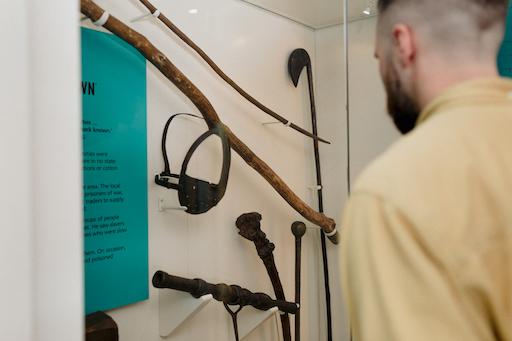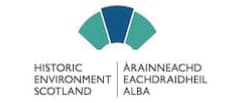Call for Papers (CfP) - #Legacy150 – "The Museum will not be Decolonised" Event
Background
On the 18th of April 1874 David Livingstone was given what amounted to a state funeral in Westminster Abbey in London. Livingstone had come to embody, at his death, all that was central to British ideas of colonialism. He warranted such public acknowledgement that his funeral cortege was followed by the empty carriage of Queen Victoria, with Prime Minister Disreali and the Prince of Wales, Albert, in attendance in the Abbey.
Livingstone died at the end of April 1873 in present day Chipundu, Zambia. The subsequent transcontinental journey led by Jacob Wainwright and James Chuma to take his body to the coast to be returned to Britain became the stuff of legend and it captured the British imagination, cementing ideas of Livingstone as a martyr and Victorian hero. Importantly, this journey reinforced notions of Britain seeing itself as a global leader with a soft-power that could make people of other nations walk 1500 miles in 10 months to return a body to its home country. This “soft-power empire liberalism” not only manifested in how Britain saw itself but in how its museums were and are presented as being custodians of the histories and cultures of the world.2
18-20 April 2024 Conference
This conference uses the stories of Wainwright, Chuma and the many other people who worked with Livingstone to push against the continuing influence of colonial, hegemonic and hierarchical notions of museums. It also presents the narrative of Livingstone and his well publicised acquisition of objects of Central and Southern African origin as a starting point to explore how we respond to cultural heritage today. It looks to investigate what technologies can do to involve more people in histories that have long been exclusionary and binary in their telling. Demands for the restitution and repatriation of objects held in museums, particularly those held in richer countries (also known as the global north, minority world and advanced economies), are increasing. As individuals, communities, and groups become more vocal in demanding restitution, repatriation and acknowledgement, the reasons behind not engaging in dialogues are getting weaker and harder to justify. Such complexity is at the heart of discussions around restitution and repatriation. This conference explores the uses of historical research, oral testimony, creative practice, digital technologies and other advanced technologies to not only evidence contemporary issues in cultural heritage but also suggest ways to respond to them.
Learn more about this conference, and submit your papers at, https://www.dhi.ac.uk/blogs/legacy150/






